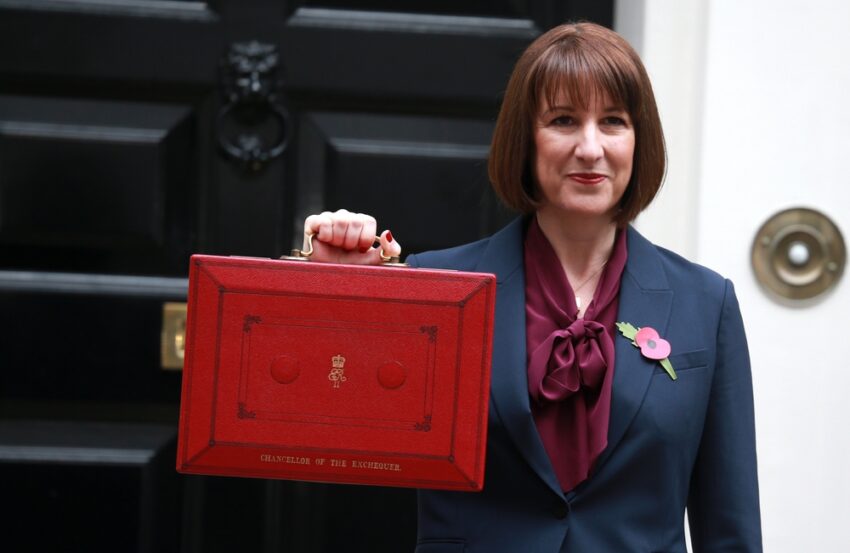More than 70 of the UK’s largest retailers, including Tesco, Marks & Spencer, Boots, and B&Q, have warned Chancellor Rachel Reeves that her proposed hike in National Insurance will lead to unavoidable staff layoffs and store closures.
In a letter seen by Business Matters, the retailers expressed deep concern over the “sheer scale” of new costs amounting to £7 billion, stemming from changes to employers’ National Insurance contributions, an increased minimum wage, and new levies on packaging.
The letter states: “For any retailer, large or small, it will not be possible to absorb such significant cost increases over such a short timescale. The effect will be to increase inflation, slow pay growth, cause shop closures, and reduce jobs, especially at the entry level. This will impact high streets and customers right across the country. We are already starting to take difficult decisions in our businesses, and this will be true across the whole industry and our supply chain.”
Other signatories include major brands like Amazon, Aldi, Lidl, Morrisons, Greggs, Currys, JD Sports, and Specsavers. They acknowledge the government’s focus on improving the fiscal situation and investing in public services but caution that “the sheer scale of new costs and the speed with which they occur create a cumulative burden that will make job losses inevitable, and higher prices a certainty.”
Offshoring on the rise amid budget pressures
The warnings from retailers coincide with concerns from recruitment experts that tens of thousands of British jobs are at risk of being moved abroad in response to the Budget. James Reed, chief executive of recruitment firm Reed, revealed that employers are considering shifting roles to lower-cost countries like India to cope with increased expenses resulting from the “triple whammy” of higher National Insurance, a minimum wage hike, and the introduction of stronger union and workers’ rights. Government analysis suggests the new workers’ rights will cost companies almost £5 billion a year.
Neil Carberry, chief executive of the Recruitment and Employment Confederation, confirmed similar conversations with business leaders contemplating offshoring jobs post-Budget. “I have talked to many larger firms where the question has been about offshoring,” he said.
Preparations to move jobs overseas add to growing concerns about the Budget’s impact on the economy. While the Chancellor has insisted that growth is the top priority, business leaders and economists warn that the Budget could harm investment, job creation, and wage growth, while fuelling inflation.
The University of Edinburgh has warned staff to expect job cuts as its funding becomes “unsustainable” due to a fall in student numbers and the announced National Insurance increase. Sir Peter Mathieson, the university’s vice-chancellor, informed staff that the institution’s £120 million monthly running costs now exceed its income. “We have concluded that we need to take a series of actions, which will include selective voluntary and, if unavoidable, compulsory redundancies,” he wrote.
Youth unemployment is rising rapidly, with joblessness among 16 to 24-year-olds increasing from 12.1% last year to 14.8% today. Reed expressed concern that offshoring jobs would exacerbate the problem. “Graduate jobs have been hit hard over the last few months, so I’m worried about the opportunities available to young people entering the workplace,” he said.
Professional services roles in accounting, finance, recruitment, HR, and other office-based positions are most likely to be affected by offshoring. Reed noted that firms can “recalibrate where they operate pretty quickly” due to digital connectivity, making it easier to move jobs abroad almost as fast as moving money.
A government spokesperson defended the Budget measures, stating: “With our public services crumbling and an inherited £22 billion fiscal black hole from the previous government, we had to make difficult choices to fix the foundations of the country and restore desperately needed economic stability to allow businesses to thrive. By doing this, more than half of employers will either see a cut or no change in their National Insurance bills. There will be £22.6 billion more for the NHS, and workers’ payslips will be protected from higher tax. This government is committed to delivering economic growth by boosting investment and rebuilding Britain.”


